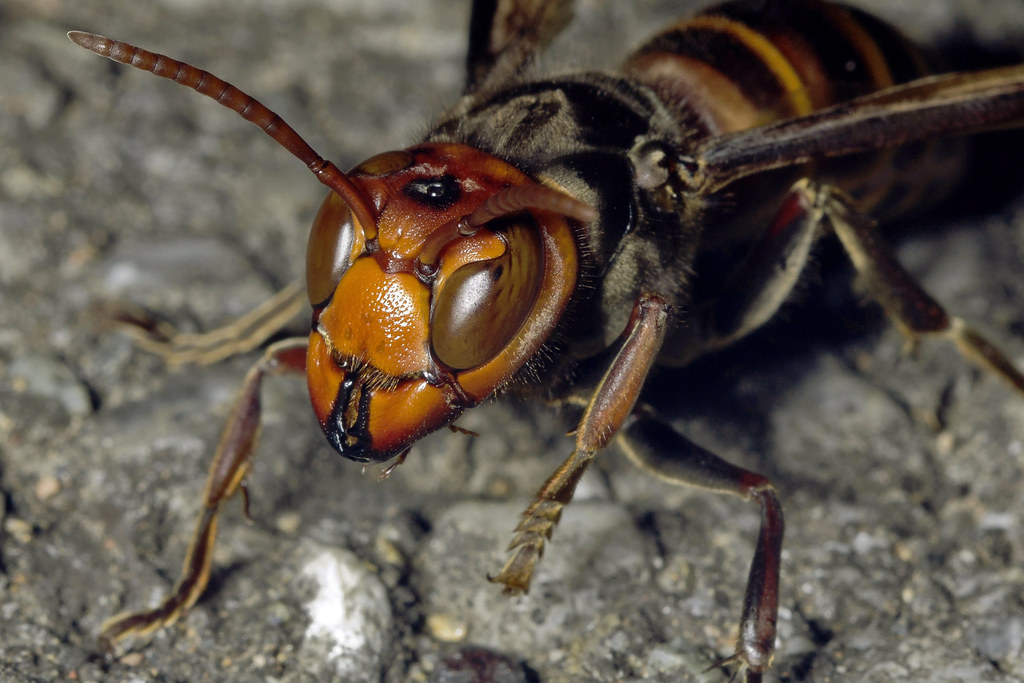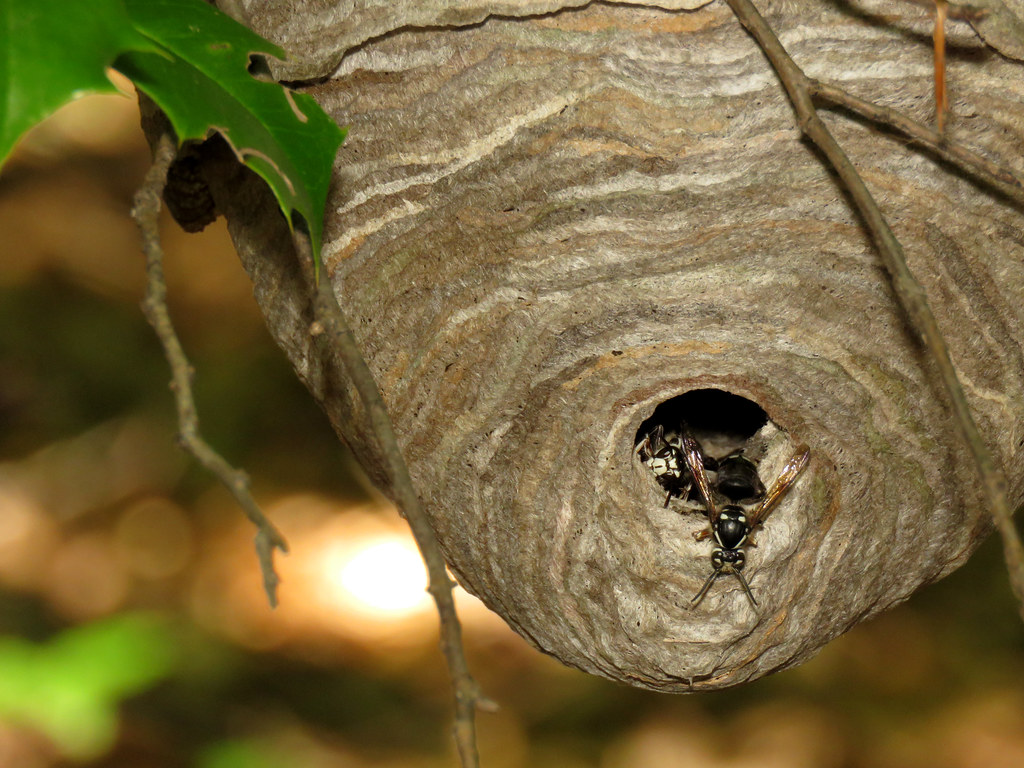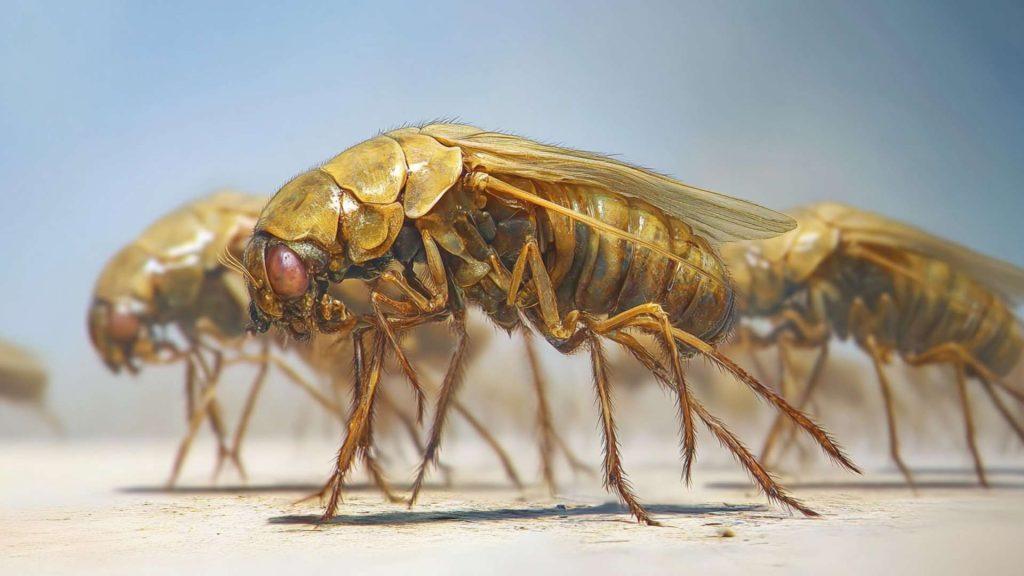Hornets are large, intimidating insects that can be a nuisance and, in some cases, a danger if they nest close to your home. Understanding what attracts hornets to your home is key to preventing them from settling in and creating a nest on your property. Hornets, like most insects, are driven by their need for food, water, and shelter, and your home may be providing an ideal environment for them.



Why Do I Have Hornets at My Home?
Hornets are drawn to homes for several reasons. One of the main attractants is food sources. Hornets are omnivorous, meaning they feed on a variety of foods, including sweet substances, insects, and even meat. If you frequently host outdoor barbecues or leave sugary drinks and food scraps outside, these can become a magnet for hornets. Fallen fruit from trees and unsealed garbage cans can also attract them, as the strong scents signal a readily available meal. In addition to food, water sources around your home may be attracting hornets. Hornets, like all living creatures, need water to survive. Birdbaths, clogged gutters, leaky faucets, or even puddles in your garden can serve as water sources for hornets. If your property has areas of standing water or poor drainage, it becomes an inviting spot for hornets to gather and stay nearby. Another reason hornets are attracted to homes is the availability of shelter. Hornets look for safe, secure places to build their nests, and your home may offer ideal spots like roof eaves, attics, and garages. Dense bushes or overgrown vegetation near your house can also provide a protected environment for hornet nests. These spaces shield the hornets from the elements and predators, making them perfect for nesting.
How Can I Prevent Hornets From Being Attracted to My Home?
Preventing hornets from being attracted to your home involves removing the factors that lure them in. One of the most effective strategies is eliminating food sources. After outdoor meals or barbecues, make sure to clean up any leftover food, especially sweet and protein-rich items that hornets love. Keep garbage cans tightly sealed and regularly empty them to prevent the smells from attracting hornets. If you have fruit trees, promptly pick up any fallen fruit before it rots and becomes a food source for these insects. Another important step is to eliminate standing water around your home. Check your house for sources of standing water, such as birdbaths, planters, or areas of poor drainage. Fix any leaky faucets or hoses, and make sure that gutters are clear of debris. Clogged gutters often create pools of stagnant water that attract hornets. To further prevent hornets from nesting, it’s essential to reduce shelter opportunities. Keep checking your home for potential nesting sites, such as cracks or crevices in walls, attics, or garages. Sealing these entry points can make it harder for hornets to find a safe place to nest. Additionally, trimming back overgrown bushes and removing dense vegetation around your home can reduce the areas where hornets feel protected enough to build nests.Myths and Facts About Hornets
Here are a few myths and facts about hornets:| Myth | Fact |
| Hornets are only attracted to sugary foods. | While hornets are drawn to sweet foods, they also feed on insects and protein-rich foods like meat. |
| Destroying a nest once will get rid of hornets for good. | Hornets may rebuild their nest in the same area if the environment remains favorable. |
| Hornets only nest in trees. | Hornets can nest in trees, attics, roof eaves, and even dense shrubs near homes. |
| Water doesn’t attract hornets. | Like all insects, hornets need water to survive and will be drawn to areas with standing water. |
| Hornets are active only during the summer months. | Hornets are most active in late summer and fall, but they can be present throughout the warmer months. |


